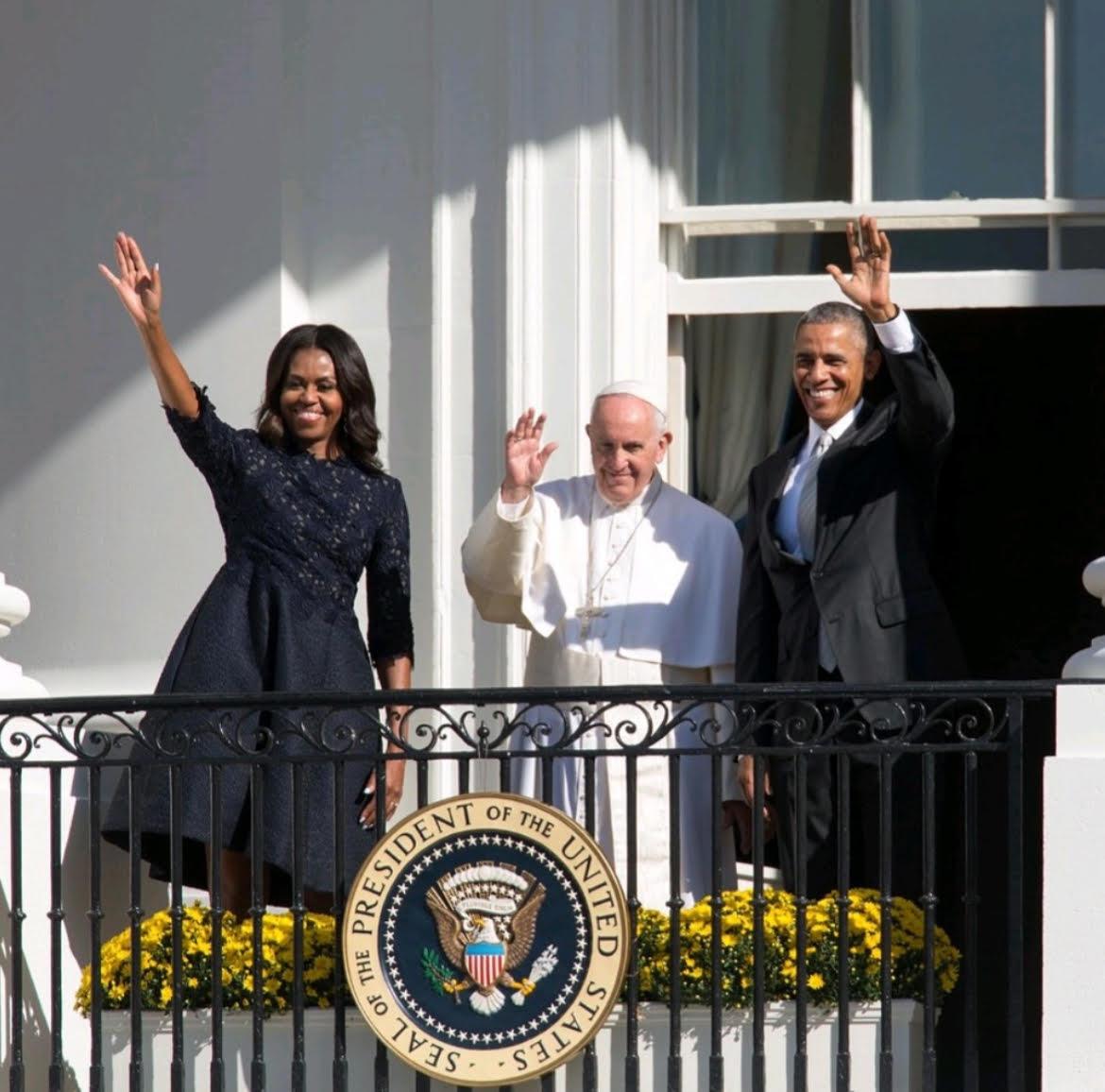IS NOYNOY Aquino the Moses of the Philippines, leading our country to the Promised Land? Not by any measure of Charleton Heston’s walking stick.
For sure, Aquino has repeatedly declared that he is intent on trekking the Straight Path towards institutional reforms. And there are indications that he is determined to do so. But the harsh realities of Philippine politics make it impossible for even the most zealous reformer to hew faithfully, unwaveringly and unflinchingly to principles. Like Moses, Aquino may need forty years – and the trouble is, he only has three more years left on the road.
Worse yet, like the template Hollywood movie plot of the hero leading a band of brigands and ex-convicts to help achieve an objective, the senatorial slates of Team Pinoy and the United Nationalist Alliance, the two most dominant contenders in the May elections, are made up mostly of mercenaries.
Scan both senatorial rosters and ask yourself who among them is running to serve the country with heart, mind and spirit? And then, ask who are running to preserve political turf, protect business interests, retain or regain access to profit-making opportunities, and consolidate power in every aspect of the country’s existence?
While most of the focus of media is on the senatorial race, the situation is even worse at the local government level. The term “dynasty” is simply a more elegant term to mean monopoly and absolute control. In my own province of Leyte, the Petillas and the Romualdezes have pretty much agreed on how to partition the provincial posts to ensure a no-contest political contest.
Indeed, the Republic of the Philippines is simply the veneer that overlays the autonomous “republics” in Luzon, Visayas and Mindanao. The electoral process underscores this reality.
Does Aquino want to lead the Philippines to the Promised Land? Then he has no choice but to travel the same road as the lords of the other republics, who happen to have their own vision of the land of milk and money, uh, honey.
Listening to the senatorial candidates speak on the day of the proclamation of the senatorial slates gave the distinct impression that they hired the same speech writer, or copied from the same Book of Profound Political Pronouncements.
But that is not the most disheartening fact of all. What is even more distressing is that our people may have no idea of what the Promised Land is all about. Nor do they care, beyond wanting jobs and food on the table. And if these are provided by corrupt political leaders, jobs are still jobs and food is still food.
In truth, the reason the candidates can unblushingly deliver motherhood speeches is that the voters really don’t care whether they are fish or fowl. They are not expected to stand for any ideology, principle or platform. And when voting day comes, the most recognizable and memorable names that come to mind will win – in addition to those who are masters of addition and subtraction.
I had lunch last weekend with some very knowledgeable pundits and political braintrusts. They were quite candid in their assessment of the electorate.
About the supposed furor over “epals” and the supposed crusade against those who use public funds to plaster their jurisdictions with their oversized images and claims of achievements, this is what they had to say:
“Their constituents want to know about those achievements. So they don’t mind the self-serving billboards and banners.” Indeed, the masses don’t even mind that the money being used for self-promotion is being drawn – often, stolen – from the public treasury,
About the “campaign” of “reformers” against political dynasties: “There’s no stopping the dynasties. People are used to being ruled by powerful families.”
The blunt fact is that, ours is a tribal society made up of datus, maharlikas, alipin and manggagawa. In the provinces, powerful families have been ruling for decades, with occasional instances of an underling rising to the top, through talent, luck or force of arms, and creating his own dynasty.
The dynasties own most of the land, control most of the businesses, occupy the choicest positions in local government, and are the sources of employment, loans and favors for their constituents.
It’s a virtual master and serf relationship. The OFW phenomenon may have changed the paradigm somewhat, with the main source of material benefits being the overseas workers rather than the local overlords. But the dynamics of ward politics haven’t changed at all and the political dynasties still have unchallenged control during election time.
In this regard, my friends pointed out that Jackie Enrile and Nancy Binay of the Enrile and Binay dynasties, respectively, are among the leading senatorial candidates, according to surveys – so much for all the loud noises against dynasties.
About the threatened wrath of the Catholic Church to be inflicted on those who supported the RH Bill: “There’s no such thing as a Catholic vote.”
And about the well-meaning candidates of the Kapatiran, who are also being endorsed by the church: “They mean well, but there’s no way they can win.”
What about the impact of social media, the increased awareness of the citizenry and the more active online involvement of the youth in current events and national affairs?
My friends, the pundits, pointed out that social media are exactly what they are: designed for “socializing.” According to them, when it comes to “building a brand” or, in the case of politics, building up a candidate, FaceBook and Twitter have very little impact.
Anecdotal evidence may contradict this. The “texting revolution” did help to unseat Erap Estrada and social media had a tremendous influence on the Arab Spring that expelled Hosni Mubarak.
“But that’s exactly what social media are for,” said my friends. “For organizing and getting people to act in a certain way. But not for building up candidates.”
Does that mean that social media can organize the online masses against unworthy candidates? According to the pundits, only if that translates into active feet-on-the-street involvement in the campaign and actually going to the polls and voting.
All the online noises against “epals” and dynasties, and against corruption in government would be meaningless if those who habitually post their comments and protests in cyberspace do not translate that zeal into actively campaign for candidates who will render to the country honest and competent service.
But, then again, with the kind of senatorial candidates being foisted on the electorate, what proper choices do the “enlightened” voters have?
Even the so-called “common candidates” of Team Pinoy and UNA, two of whom are known to be proven vote-getters and the third having a magical surname, may have little else to offer but the same sound-bites from the Book of Profound Political Pronouncements.
To use Noynoy Aquino’s favorite cliché, at the end of the day, realpolitik rules. And it may take another forty years before our people reach the Promised Land. With the distinct possibility that a back-sliding successor of Aquino could make the journey even longer – say, a hundred years?





